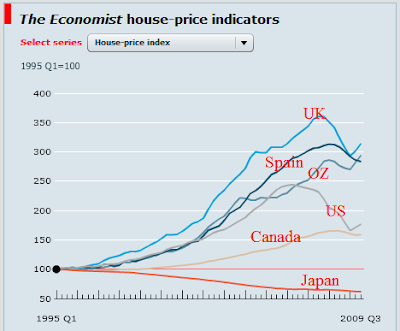Calmloki, let me check if I am understanding you correctly. The average net profit after all-in (puchase price, fix-up costs and costs of sale) is 35% in 4 months, or 140% pa? This is on an outright cash buy, cash fix-up, and after sales commission and other costs? Or is this imore of a bought job? (fix-up labor mostly, staging, and private sale?
Is this in the Willamette Valley? Or do you have to range far afield to find these things? And how can you sell in 4 months, let alone fix-up and sell in 4 months? In Seattle, properties which are I suppose de facto overpriced but I would not have considered them so, sit, and sit, and sit.
Last, do you or have you been selling to people who will occupy the house, in a normal bank-financed transaction, or you do wind up with a lot of long term paper and credit risk?
I certainly agree with you that as you have painted it, this beats most anything except selling dope. Beats pay-day loan business, which is no easy task.
Ha

